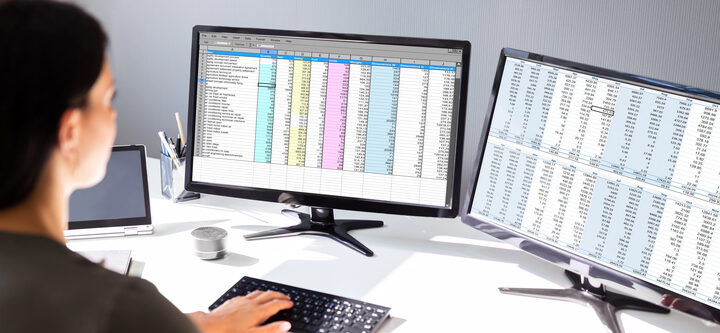Non-coded income is not included in your tax code, meaning it hasn’t been accounted for when your tax-free personal allowance and taxable income are calculated by HM Revenue & Customs (HMRC) in the UK. This type of income is not automatically taxed through the PAYE (Pay As You Earn) system, so you may need to report it separately and pay tax on it through other means, such as self-assessment.
Common Examples of Non-Coded Income
Non-coded income can come from various sources, including:
- Investment Income: Interest from savings, dividends from shares, or rental income from property are often not included in your tax code, especially if they are significant amounts.
- Freelance or Self-Employment Income: If you earn money from freelance work or run your own business in addition to a PAYE job, this income is typically considered non-coded.
- Untaxed Earnings or Benefits: Some types of income, such as benefits-in-kind (like a company car or medical insurance), or income from casual work, might not be included in your tax code.
- Foreign Income: Income earned abroad that is not taxed at source in the UK often falls into the non-coded category, requiring you to declare it separately.
- Pension Income: If you receive a pension not included in your tax code, it will be treated as non-coded income.
How Is Non-Coded Income Taxed?
Non-coded income is usually taxed in one of the following ways:
- Self Assessment: You may need to file a Self Assessment tax return if you have significant non-coded income. This process involves declaring all your income, calculating the tax you owe, and paying it directly to HMRC.
- Adjustment to Tax Code: In some cases, HMRC may adjust your tax code during the tax year if they become aware of additional income that hasn’t been included. This adjustment may increase the amount of tax you pay through PAYE to account for the non-coded income.
- Voluntary Payment: If you realize you have non-coded income that hasn’t been taxed, you can voluntarily pay the tax owed through HMRC’s online payment system.
Importance of Reporting Non-Coded Income
Correctly reporting non-coded income to HM Revenue & Customs (HMRC) is crucial for ensuring that you meet your tax obligations. Failing to report this type of income can lead to underpayment of tax, which could result in penalties or interest charges. These penalties can add up quickly, making it even more costly to rectify the situation later on. By staying on top of your tax responsibilities, you can avoid unnecessary financial burdens and ensure that your tax returns are accurate and complete.
In addition to avoiding penalties, keeping accurate records of all your income sources is essential for maintaining your overall financial health. Proper documentation allows you to track your earnings, identify any discrepancies, and ensure that you are fully aware of your taxable income. This is especially important if you have multiple income streams, such as investments, freelance work, or rental income, which may not be automatically included in your tax code. By diligently recording and reporting all non-coded income, you can ensure that your tax affairs are in order and reduce the risk of unexpected tax liabilities.
Conclusion
Non-coded income is any income not accounted for in your tax code, meaning it hasn’t been automatically taxed through the PAYE system. This includes income from investments, freelance work, untaxed earnings, foreign income, and more. To stay compliant with tax laws, it’s crucial to report non-coded income accurately and ensure that any tax due is paid on time.







